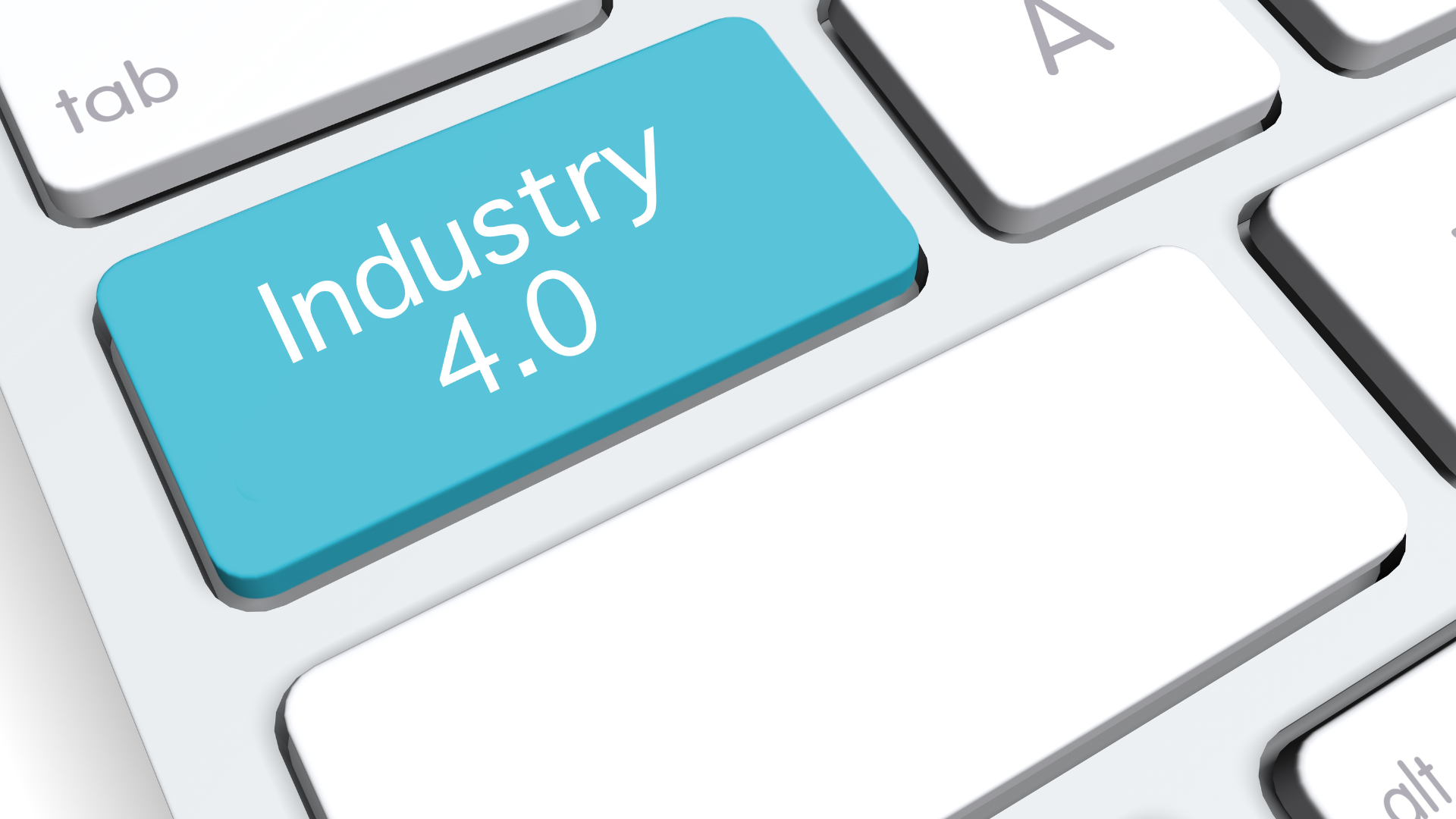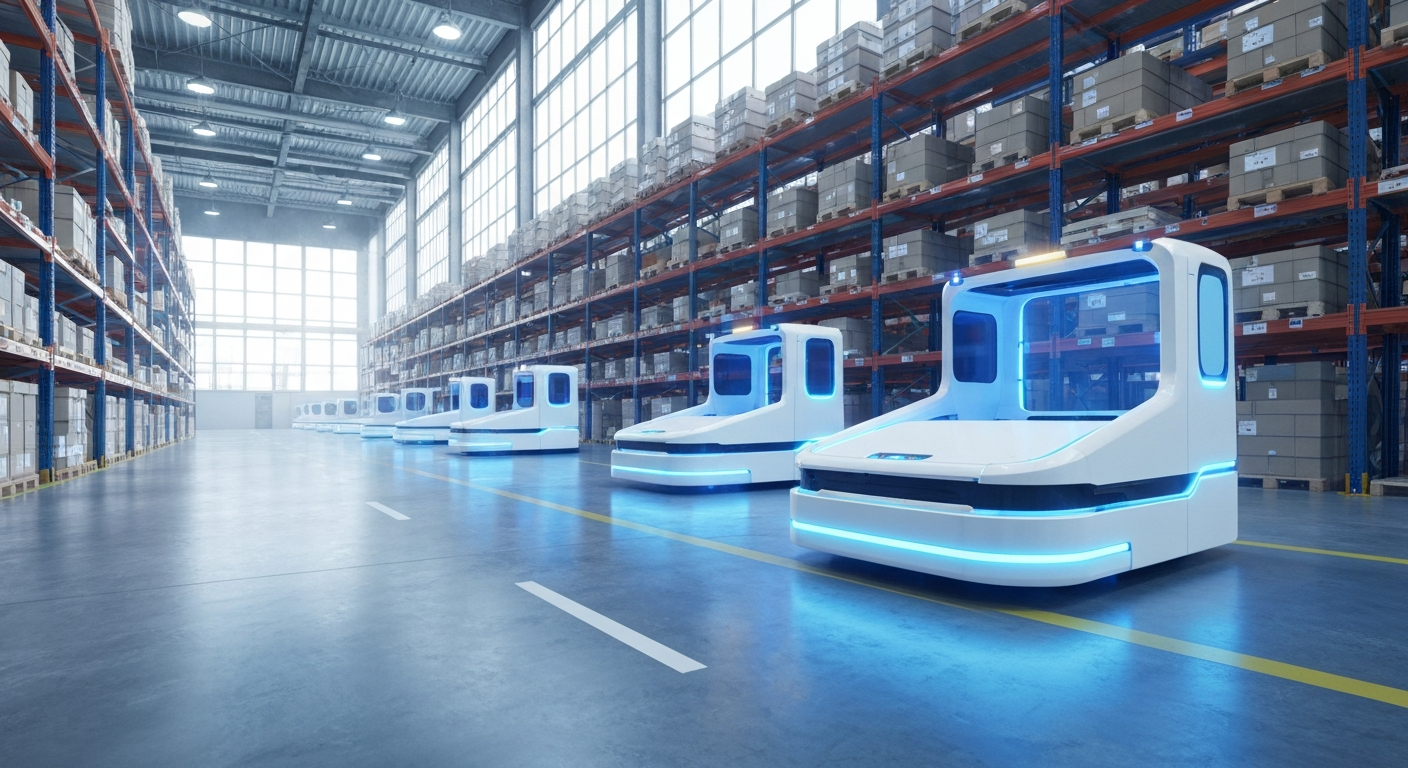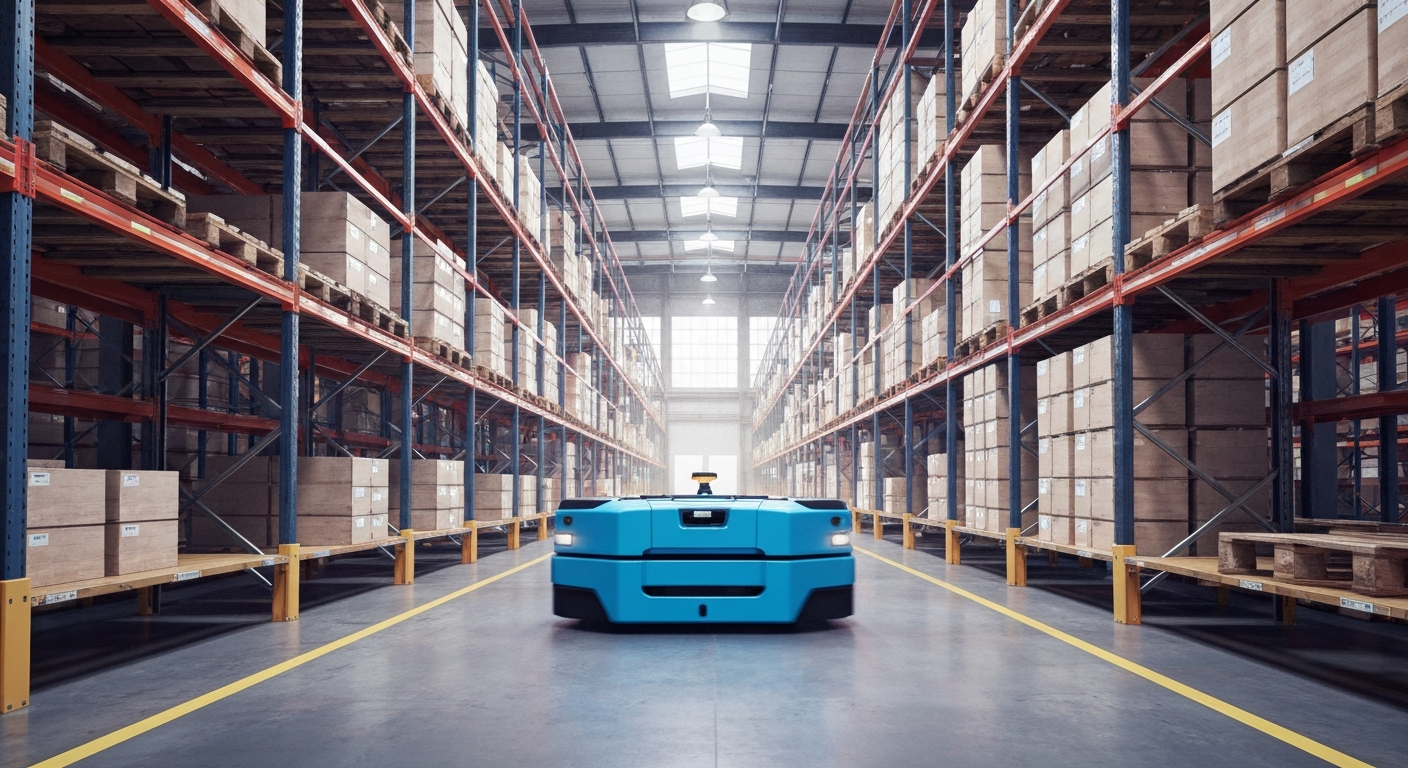Which are Industry 4.0 Technologies?
Which are Industry 4.0 Technologies?
Industry 4.0 PDF 2022, also known as the fourth industrial revolution, refers to the integration of advanced technologies into various industries to create more efficient and automated processes. These technologies include artificial intelligence (AI), robotics, Internet of Things (IoT), big data analytics, cloud computing, and more. Industry 4. 0, which is often referred to as the fourth industrial revolution, signifies a paradigm shift in various industries by incorporating cutting-edge and advanced technologies. The primary objective is to enhance efficiency and productivity through automation. Some of the key technologies that are integral to Industry 4. 0 include artificial intelligence (AI), robotics, Internet of Things (IoT), big data analytics, cloud computing, and several others. These technologies work together synergistically to create a connected ecosystem that enables seamless automation and optimization of processes across different sectors. Artificial intelligence plays a crucial role in Industry 4. 0 by enabling machines to perform tasks that were previously exclusive to humans. With AI's ability to analyze vast amounts of data quickly and accurately, it can make informed decisions, optimize processes, and even predict future outcomes with great precision. Robotics is another significant component of Industry 4. 0 as it involves the use of automated systems and robots in various manufacturing and industrial operations.
These robots are designed to execute repetitive tasks with high precision, speed up production cycles, improve safety standards for workers by taking over hazardous jobs, and ultimately increase overall productivity. The integration of Internet of Things (IoT) into Industry 4. 0 allows for the seamless connectivity between devices and systems within an industrial setup. IoT enables real-time monitoring, control, and management of equipment or machinery remotely through sensors embedded in them. This connectivity significantly enhances efficiency by facilitating predictive maintenance schedules based on real-time data analysis. Big data analytics plays a crucial role in Industry 4. 0 as it deals with processing large volumes of structured or unstructured data generated by various sources within an organization's ecosystem. By applying sophisticated algorithms on this massive amount of data collected from IoT devices or other sources such as customer feedback or market trends analysis tools; businesses can gain valuable insights for making informed decisions. Cloud computing has revolutionized the way businesses operate under Industry 4. 0.
It provides scalable and flexible computing resources, enabling organizations to store, process, and analyze vast amounts of data in a cost-effective manner. Cloud-based solutions also facilitate collaboration between different departments or even different organizations by providing a centralized platform for data sharing and real-time communication. In conclusion, Industry 4. 0 represents the integration of advanced technologies into various industries to create more efficient and automated processes. By harnessing the power of artificial intelligence, robotics, Internet of Things (IoT), big data analytics, cloud computing, and other cutting-edge technologies; businesses can unlock new levels.

How Does Industry 4.0 Affect People?
The impact of Industry 4. 0 on individuals is undoubtedly multifaceted, encompassing both positive and negative aspects. On one hand, the rapid advancement of automation and cutting-edge technologies can potentially lead to job displacement for workers whose tasks can be easily automated. This can cause concerns and disruptions in the labor market. However, it is important to note that Industry 4. 0 also brings forth a wave of new opportunities. As certain tasks become automated, individuals have the chance to upskill and reskill themselves in emerging fields that are closely related to these advanced technologies. This allows them to adapt to the changing landscape of work and take advantage of new career prospects. By embracing lifelong learning initiatives and acquiring proficiency in areas such as artificial intelligence, data analysis, cybersecurity, or robotics, individuals can position themselves at the forefront of technological advancements. This not only enhances their employability but also opens doors to new industries and professions that were previously inaccessible. Moreover, Industry 4. 0 encourages a shift towards more creative and complex roles that require human ingenuity and critical thinking skills – areas where machines still struggle to match human capabilities. By leveraging their unique human qualities alongside technology, individuals can discover opportunities for collaboration with AI systems rather than seeing them solely as competitors. Ultimately, while Industry 4. 0 undoubtedly poses challenges for some individuals in terms of job displacement, it also presents an array of possibilities for personal growth and professional development through upskilling and reskilling initiatives. By recognizing these opportunities and adapting accordingly, individuals can navigate the transformative effects of this technological revolution with confidence and resilience.
What Is Industry 4.0 in Simple Terms?
To put it simply, Industry 4. 0 refers to the integration of digital technologies into industrial processes to enhance efficiency and productivity. This revolutionary concept involves the use of advanced connectivity to link machines and systems together, enabling them to communicate and exchange real-time data. By leveraging this interconnected network, machines are empowered to make informed decisions autonomously, leading to optimized production processes and ultimately improved productivity levels.
How Does Industry 4.0 Affect People?
The impact of Industry 4. 0 on individuals is undoubtedly multifaceted, encompassing both positive and negative aspects. On one hand, the rapid advancement of automation and cutting-edge technologies can potentially lead to job displacement for workers whose tasks can be easily automated. This can cause concerns and disruptions in the labor market. However, it is important to note that Industry 4. 0 also brings forth a wave of new opportunities. As certain tasks become automated, individuals have the chance to upskill and reskill themselves in emerging fields that are closely related to these advanced technologies. This allows them to adapt to the changing landscape of work and take advantage of new career prospects. By embracing lifelong learning initiatives and acquiring proficiency in areas such as artificial intelligence, data analysis, cybersecurity, or robotics, individuals can position themselves at the forefront of technological advancements. This not only enhances their employability but also opens doors to new industries and professions that were previously inaccessible. Moreover, Industry 4. 0 encourages a shift towards more creative and complex roles that require human ingenuity and critical thinking skills – areas where machines still struggle to match human capabilities. By leveraging their unique human qualities alongside technology, individuals can discover opportunities for collaboration with AI systems rather than seeing them solely as competitors. Ultimately, while Industry 4. 0 undoubtedly poses challenges for some individuals in terms of job displacement, it also presents an array of possibilities for personal growth and professional development through upskilling and reskilling initiatives. By recognizing these opportunities and adapting accordingly, individuals can navigate the transformative effects of this technological revolution with confidence and resilience.
How Does Industry 4.0 Affect Society?
When discussing the profound impact of Industry 4. 0 on society, it is important to recognize its potential to significantly propel economic growth. By harnessing advanced technologies and automation, Industry 4. 0 has the ability to greatly enhance productivity and efficiency across various industries. This can result in a multitude of benefits such as improved product quality, reduced operational costs, shorter production cycles, and even heightened customization capabilities for businesses worldwide. These advancements pave the way for a more prosperous future where businesses can thrive and consumers can enjoy innovative and tailored products and services
In the manufacturing sector specifically, Industry 4.0 enables the concept of "smart factories" where machines are interconnected and can autonomously manage production processes. This allows for real-time monitoring of operations, predictive maintenance, optimized inventory management, and better overall resource allocation.
Some benefits associated with Industry 4.0 include increased operational efficiency through data-driven decision-making, improved product quality through advanced analytics and quality control systems, reduced downtime through predictive maintenance strategies based on machine learning algorithms.
To learn more about these benefits or gain a deeper understanding of Industry 4.0 concepts you may refer to industry-specific reports or PDFs available online that provide comprehensive insights into this transformative phenomenon.



